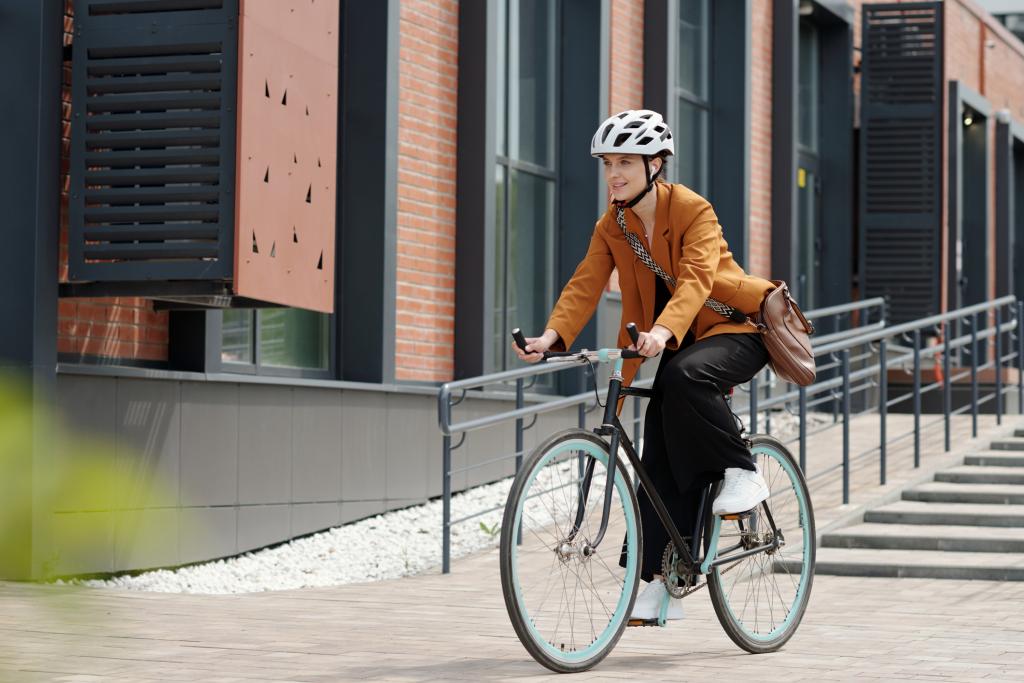
Two years ago, when I was appointed as the first ever Group Sustainability Director for CareTech, I felt rather a lone figure in the social care landscape. Fast forward two years and I was speaking at one of two sessions on ESG at the HealthInvestor Healthcare Summit.
There has clearly been a significant change in the social care sector about ESG and sustainability. Yet, especially with recent Government policy changes on environmental issues, isn’t ESG just a fad that if we put our heads down will soon pass?
As a sector, we face enormous challenges. The economic situation is further squeezing commissioners’ budgets; inflation is driving up core costs; recruitment and retention continue to be key challenges. But to ignore the challenges of sustainability would be a huge mistake – both morally and commercially.
The new Adult Social Care Single Assessment Framework introduces the new ‘Environmental sustainability – sustainable development’ criteria to the inspection regime. This puts environmental sustainability at the heart of what it means to provide a social care service in which the public can trust. Providers will have to be able to show and evidence that “We understand any negative impact of our activities on the environment and we strive to make a positive contribution in reducing it and support people to do the same.”
Increasingly, commissioners are asking providers to demonstrate their sustainability credentials in tender exercises, with more demanding asks of providers and with this element becoming far more important in tender evaluations. We only have to look to the NHS to see what is likely to be coming to the social care sector on this issue; the new NHS contractual requirements for healthcare providers now place very clear contractual obligations on providers around carbon reporting.
The social care sector has a big responsibility to tackle its own contributions to climate change. For example, the 17,500-odd care homes in the UK have been estimated to contribute as much as 2.8 million tonnes of carbon a year. In addition, UK homecare workers travel more than four million miles per day; equating to 423,000 tonnes of carbon emitted each year; you would have to plant almost 2.8 million trees every year to offset the impact on the environment of car miles in social care! And that figure doesn’t include the impact of the hundreds of thousands of care professionals’ commuting to work every day by car…!
As a highly-regulated sector, most care providers are also very good at the ‘G’ – Governance – of ESG. The ‘S’ in ESG, however, is often overlooked but is critical to the social care sector. Social care delivers a huge benefit to society but just being a social care provider doesn’t mean that you automatically tick the ‘S’ box.
Research makes it very clear that companies that support and empower their people and are active parts of their local communities do better. Staff are more loyal, more productive and deliver higher quality. Organisations that are visibly connecting with and supporting their local communities will attract more local talent, are less likely to trigger concerns about having a care service in the community and will promote a more positive view of the social care sector.
We should also not overlook the changing expectations and demands of consumers who increasingly demand that the products and services they purchase must be increasingly sustainable, provided by ethically-driven organisations, and, that support their own increasingly-sustainable daily routines. The recent launch of Autumna’s Go Green initiative demonstrates the increasing sustainability demands of social care’s consumers.
Sustainability and ESG are not a fad, nor a tick box exercise. All the evidence points to sustainable businesses being, quite simply, better businesses. Delivering on key sustainability issues can address short-term pressures as much as long-term challenges – but it does require a shift in perspective, considering the longer-term, whole-life and full costs and benefits. And, recognising, that all of us have a wider set of responsibilities for which we are accountable beyond our own organisations.
Jonathan Freeman MBE is the Group Sustainability Director of CareTech Ltd as well as the Chair of the Social Care Sustainability Alliance. CareTech Ltd supports adults with complex needs and care for children and young people, offering carefully designed programmes in specialist services. You can read more about their Responsible Business Strategy here.